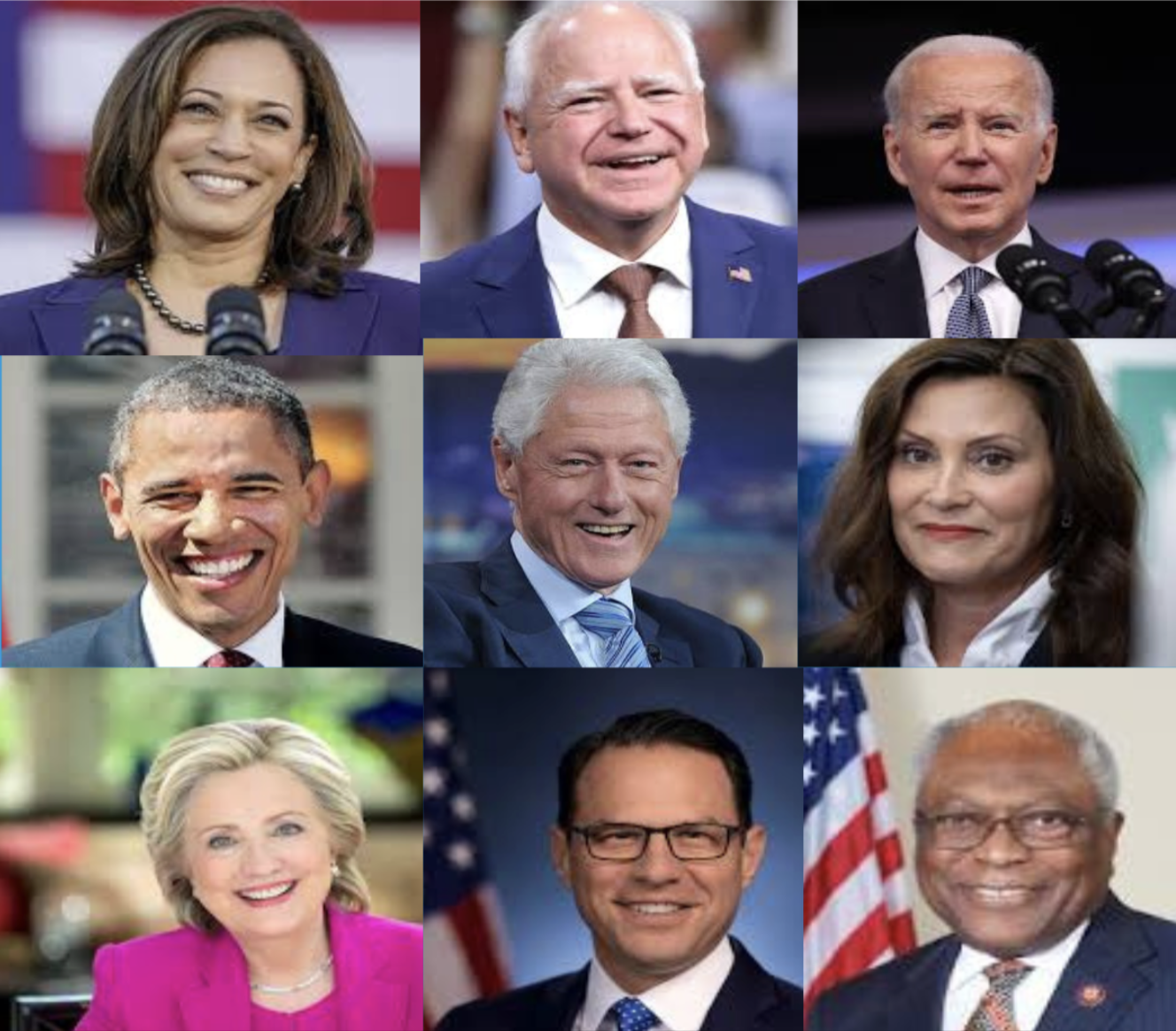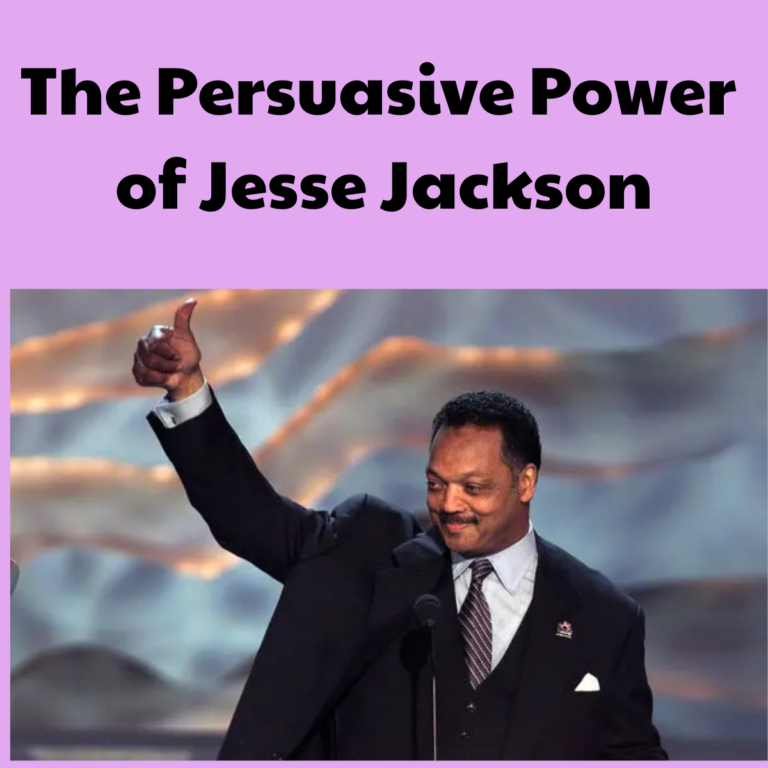Messaging in Chicago: 5 Key Objectives
This week all eyes will be on Chicago as Kamala Harris, Tim Walz and other leading Democratic voices seek to carry the campaign’s amazing momentum into the next phase of the race for the White House. Let’s look at five critical messaging objectives.

It’s totally essential and fitting that this week’s Convention honors President Biden, his amazing career (and, at least implicitly, his selfless decision to end his campaign). But there’s a balancing act needed here.
The Trump campaign would like nothing better than to keep running against Joe Biden. Just look at Trump’s fantasy of Biden reclaiming the nomination at the convention. We will see a concerted effort to link Kamala Harris to Biden’s least popular policies and voter perceptions. That could be a big problem because, in a recent Financial Times poll, more than six in 10 voters say that if she’s elected, Ms. Harris should either “make major changes” or “take a completely different approach” from President Biden.
So, finding a way to thread the Biden needle – properly honoring him while also establishing some separation — will be one crucial messaging challenge to keep an eye on this week.

To succeed, the Harris/Walz campaign must do two things. First, energize and mobilize its base. And equally crucial: win the support of disaffected voters who are struggling with economic challenges and quite understandably, are feeling unheard by politicians.
Almost inevitably, the Convention will help keep base voter enthusiasm at a fever pitch. But connecting with disaffected voters – especially those in battleground states – must be a focal point in Chicago. The Biden campaign was fighting a losing battle on this front with a “finish the job” message aimed at persuading people to better appreciate the economic achievements of the administration.
As her major economic speech last Friday makes clear, Kamala Harris is taking a decidedly different approach. She’s zeroing in on food prices, housing costs and other kitchen table issues and promising to make addressing those concerns the centerpiece of her presidency. Hopefully, she and other Convention speakers will bring that message home loud and clear in Chicago.

“Flailing” has become the most common adjective describing Donald Trump’s response to the stunning success of Kamala Harris’ campaign launch. The former president appears to be totally flummoxed by the sudden shift in his political fortunes.
Strategically, Democrats must be prepared for him to find his footing and zero in on a more energetic and productive approach. But the longer he keeps flailing, the better. And there has never been a politician more easily provoked by mockery and more dramatically thrown off course by a thirst for attention.
Especially for speakers other than Harris, keeping Donald Trump off his game has to be a Chicago messaging objective. Importantly though, it can’t be allowed to drown out the hopeful, joyful, future-facing campaign message. It’s another balancing act the Convention must achieve.

As mentioned, it would be great if the Trump/Vance ticket stumbled all the way to November. But, more likely, they will find lines of attack that land well and require a Democratic response. And they will be aided by a media environment that loves twists and turns and abhors a static storyline.
Here is what’s important to remember about this messaging challenge. An attack doesn’t have to be persuasive in its own right to be effective. Many political attacks are about trying to bait your opponent into an extended conversation on grounds favorable to them and unfavorable to you.
So, whether it’s attacks on Walz’ military record or racist tropes aimed at Kamala Harris, keep your eyes out in Chicago for Democrats to practice the art of pushing back and quickly moving on.
And be alert to messaging that seeks to inoculate the Democratic ticket against anticipated attacks. One example: In anticipation of issue flip-flopping charges, we might see Kamala Harris emphasize how much she has learned as Vice President and how important it is to respond to what works. Of course, we will also likely see multiple reminders that keeping your opponent on the defensive is a key way to avoid losing control of the campaign narrative.

“Let the future begin” is the very smart tagline on a series of ads supporting Kamala Harris. Past vs. Future. Yesterday vs. Tomorrow. Going Back vs. Moving Forward.
These are the themes running through Harris messaging. The Convention needs to keep driving that framing home.
But it needs to do more. It needs to move beyond the broad theme. It has to make it easier for people to see themselves, their lives, their day-to-day reality in the joyful, hopeful future Kamala Harris wants to lead the country towards.
What will the future Kamala Harris is talking about mean for me, for my family, for my community? The answer isn’t in policy proposals or issue white papers. It’s in the way the candidates talk, the examples they use and the cultural awareness they seem to convey.

So, in the four nights ahead, tune in and see how effectively the Democratic Convention speeches deal with these five critical messaging objectives. Hopefully, we will all be treated to a master class from some of the most effective political communicators to ever grace the political stage.
Then, after Thursday buckle up for 72 eventful days of a high-level, high stakes messaging battle.










Great advice Frank.
Onward!!!
Thanks and loved your agitator piece on spam pacs today